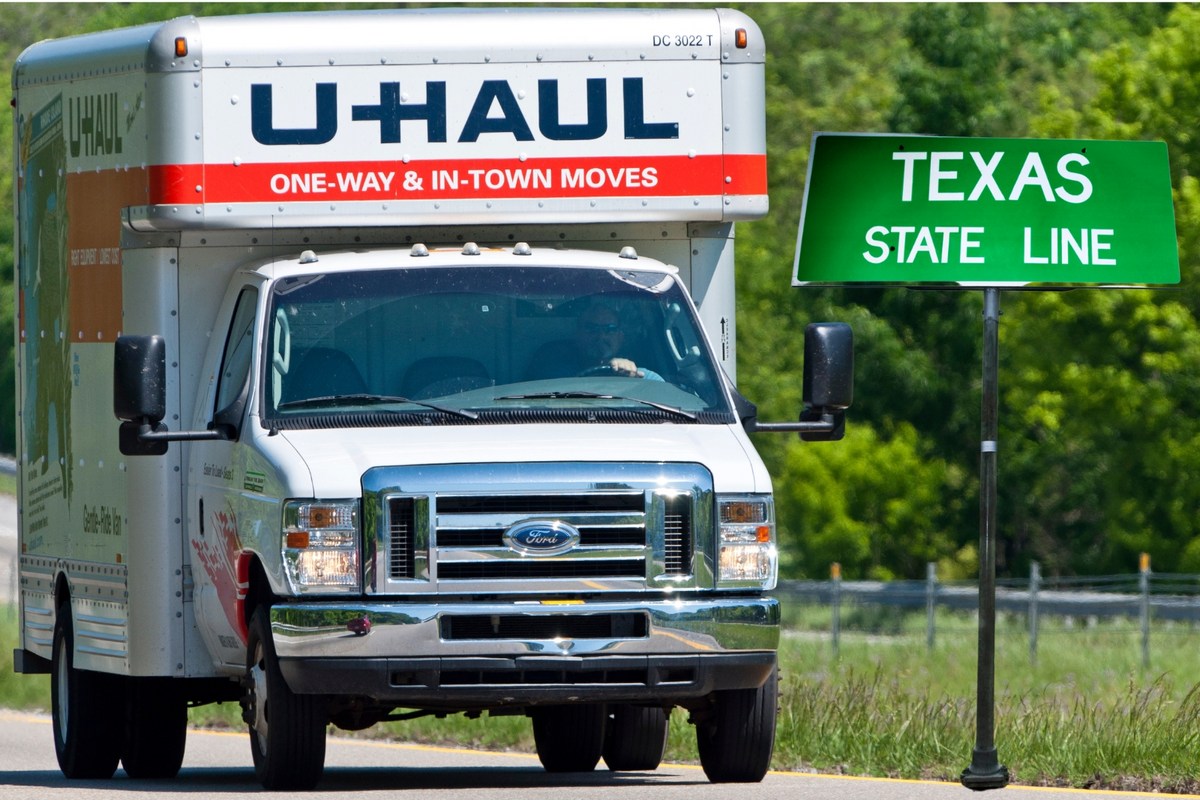The Congressional Budget Office (CBO) released its estimate of the effect of the Democrats’ proposed “human infrastructure” bill, referred to as the Build Back Better legislation (BBB), on the federal deficit. The CBO’s estimate was surprisingly lower than the numbers that have been kicked around in the media. However, many have questioned the validity of the estimate.
The CBO’s summary estimates that BBB would increase federal spending over the next 10 years by slightly over $1.635 trillion and revenues by $1.268 trillion, thus increasing the federal deficit by $367 billion.

BBB includes more funding for IRS enforcement. The estimates on how much additional tax revenue this might bring in vary wildly. The CBO estimated that tax revenues would increase by $207 billion, but for technical reasons did not include that amount in its baseline case. So, the net effect of BBB taking that into account is only about $160 billion. If this estimate is accurate, it would be a very small increase compared to the CBO’s current baseline projection, which shows the federal deficit already ballooning from the current $26 trillion to $41 trillion over the next decade.
However, there are some good reasons to believe that the effect of the bill on the deficit could prove significantly larger. One of the most controversial issues regarding the CBO’s projection is that it assumes that many of the new spending programs will end during the first five years but that the tax increases will continue indefinitely. There is also a substantial tax reduction by increasing the deduction for state and local taxes by raising the current cap from $10,000 to $80,000. This provision is “paid for” by assuming it will revert to $10,000 indefinitely thereafter. Skeptics of these future savings argue that much like Wimpy’s promise to gladly pay Tuesday for a hamburger today, Congress is highly unlikely reverse them when they run out.
The CBO is required to make this assumption because that is what the current version of the bill provides. However, many have reasonably questioned whether Congress would actually end these programs once they are started. The bipartisan Committee for a Responsible Federal Budget has also estimated a relatively small increase in the federal debt as a result of the bill but that the true increase in spending and taxes would be $2.4 and $2.3 trillion respectively and that if the new spending and tax cut provisions of the bill were to continue indefinitely, bill would ultimately add $3 trillion to the national debt.
The CBO projection shows that the bill will increase the deficit by nearly $800 billion over the first five years. But because of the assumptions that spending and tax cuts would end, the projection shows it reduces the deficit by over $600 billion during the subsequent five years. That seems highly unlikely to me. I ran an estimate that assumed the program would not be terminated and the CBO’s projection in the fifth year would be continued for the next five years with 3% inflation. In that scenario the bill tacks on about another $1.5 trillion to the federal debt over the decade.
There is plenty of room for debate about the wisdon of the various provisions in the BBB bill. But what gives me the most heartburn is how much uncertainty there is about its costs and long-term fiscal impacts in large measure because the bill was put together in backroom partisan negotiations and not through regular Congressional order which would have vetted the provisions through committee hearings. The CBO has been warning us for years that the country is on an unsustainable fiscal trajectory. The US will increasingly be caught in a demographic vice in which there will be relatively fewer working-age individuals to pay for the retirement and care of older Americans. CMS just announced that it will have to raise Medicare premiums 12% next year.
Until we have a reckoning with fiscal/demographic conundrum our country is facing and more clear understanding the costs of this bill, I fear this major expansion of the social safety net may further mortgage the futures of our children and grandchildren.





